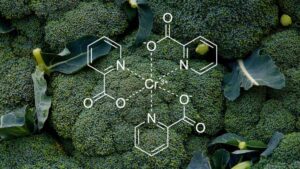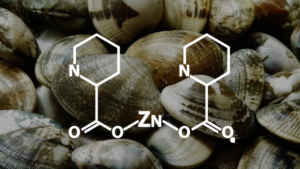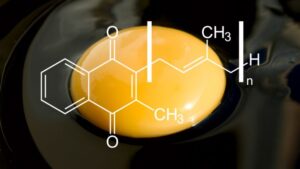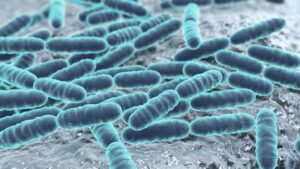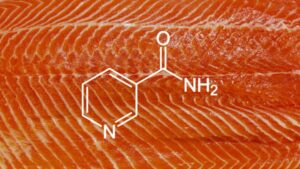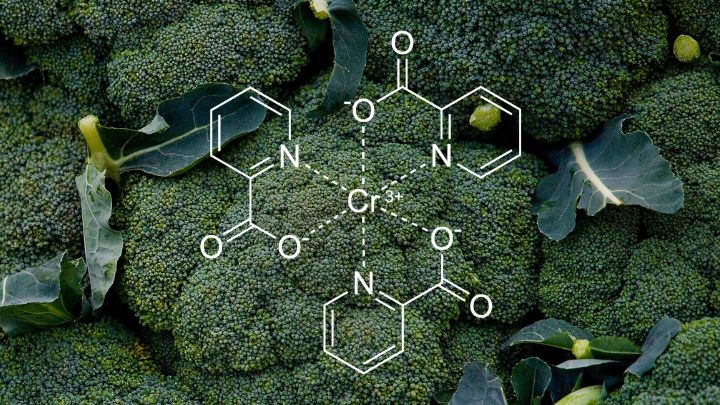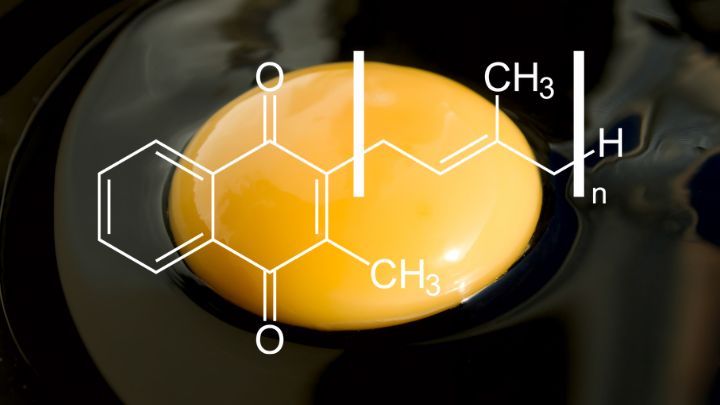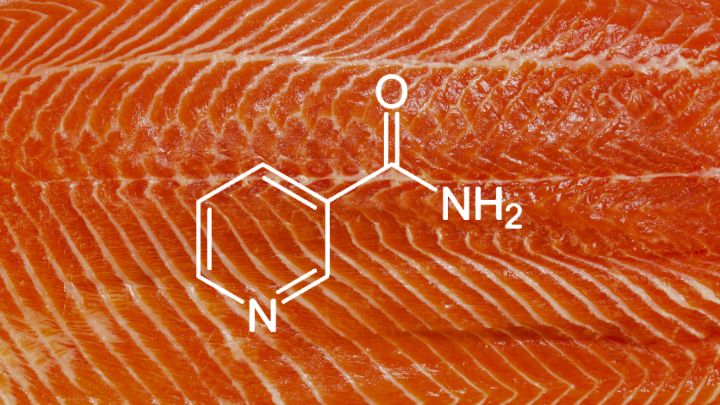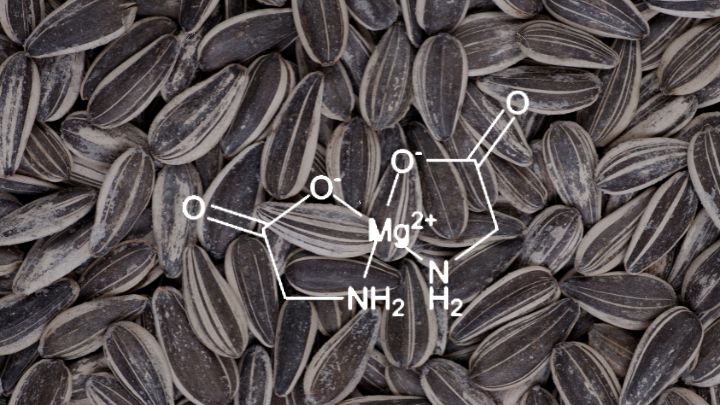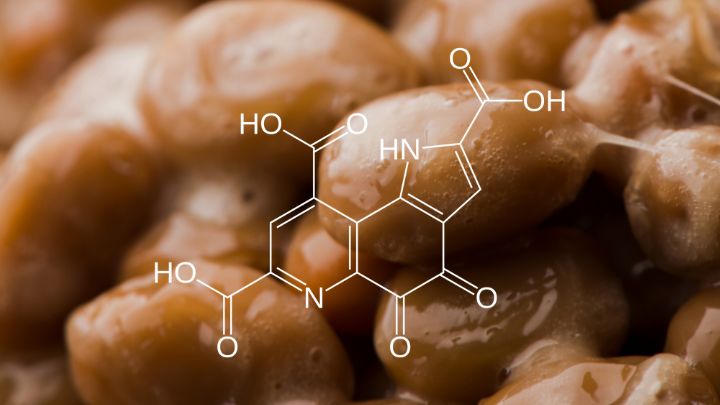So, you know how zinc is super important for our body? It helps with everything from our immune system to healing cuts and even our sense of taste.
But the thing is, it’s hard to really know if we’re getting enough, especially when we’re sick.
That’s where zinc picolinate supplement comes in—it’s a form of zinc that’s really easy for your body to absorb. Not only does it help with immunity, but it also supports things like insulin function and even reproductive health.
The big question is: do you need to supplement with Zinc? Well, let’s dive in this Avea article and find out!
In this article
Free guide to reverse your biological age

- Master the science of rejuvenation.
- Apply proven tips to turn back the clock.
- Transform your health with top longevity specialists.
What is zinc?
Zinc is a trace mineral that your body needs for more than 300 enzyme reactions and over 2,000 transcription factors involved in gene expression.
Even though we only need a small amount—around 2-3g in total—zinc plays a crucial role in many essential functions like:
- boosting your immune system
- helping cells grow and divide
- healing wounds
- ensuring you can taste and smell properly
During key growth periods like pregnancy and childhood, zinc becomes even more important.
Zinc sources
You can find zinc in foods like meat, shellfish, seeds, and legumes, but sometimes our diets don’t supply enough, particularly when we’re stressed, ill, or growing.
Zinc deficiency, whilst rare in developed countries, is responsible for significant health problems globally, including over 260,000 deaths in Africa and 182,000 in Asia in 2004.
In children, a lack of zinc is linked to 10.4% of malaria deaths and nearly 15% of diarrhoea-related deaths, showing just how vital it is to overall health.
What is zinc picolinate supplement?
Zinc picolinate is a form of zinc bound with picolinic acid, designed to make zinc easier for your body to absorb.
Research shows that zinc picolinate is more effectively absorbed compared to other forms of zinc like zinc citrate or zinc gluconate.
In fact, it leads to higher zinc levels in your hair, urine, and blood, meaning your body can actually use the zinc you’re taking.
This superior absorption makes zinc picolinate a popular choice for those wanting to ensure they’re getting the most out of their supplement, whether for immune support, skin healing, or reproductive health.
Zinc picolinate can also help in specific conditions like diarrhoea, where zinc plays a key role in reducing symptoms by inhibiting three of the four main intracellular pathways of ion secretion in the gut.
This form of zinc also supports those with wound healing issues, as zinc deficiency is known to slow down recovery and lead to skin problems like dermatitis.
What does zinc do in your body?
Zinc is essential for a wide variety of biological functions. Here’s how it impacts your body:
- Boosts your immune system
Zinc plays a critical role in immune function. It reduces the severity of colds by possibly acting as a competitive inhibitor for ICAM-1, a receptor that allows cold viruses (rhinoviruses) to attach to nasal cells. Zinc supplementation has also been shown to lower the risk of childhood pneumonia by supporting the immune response.
- Speeds up wound healing
Zinc is involved in enzyme systems like matrix metalloproteinases, which help break down damaged tissue and promote skin cell movement, speeding up the healing of cuts and wounds. Zinc’s antioxidant properties also protect against bacteria and harmful toxins, making recovery smoother and faster. Zinc deficiency, on the other hand, delays healing and can cause skin issues such as perioral dermatitis. In cases like leg ulcers, topical zinc has been found to work better than oral supplementation for promoting healing. - Supports growth and development
Zinc is particularly important in childhood for proper growth. A meta-analysis of 33 trials across different countries found that zinc supplementation significantly improved children’s height and weight, especially where growth issues were present. This indicates that zinc alone can combat growth retardation, regardless of other deficiencies.
- Improves digestion and insulin function
Zinc helps with the breakdown of carbohydrates and improves insulin sensitivity, playing a key role in managing blood sugar levels. In people with diabetes, zinc supports the formation of insulin crystals in the pancreas, and it has been shown to help regulate metabolic functions, reducing risks like high blood pressure and elevated LDL cholesterol.
- Fights oxidative stress
Zinc’s antioxidant properties protect your cells from damage caused by free radicals and reactive oxygen species. This protection is particularly important for reducing inflammation and supporting long-term health, as it prevents oxidative damage that can lead to chronic diseases.
- Reduces copper levels
Zinc also has the unique ability to lower copper levels in the body, making it an effective treatment for conditions like Wilson’s disease, where excess copper builds up in the body. It works by stimulating the production of a copper-binding molecule in the gut, which traps copper and prevents it from entering the bloodstream.
In cases like sepsis, zinc is redistributed from the blood to the liver, and research suggests that monitoring or supplementing zinc could improve outcomes for septic patients.
Overall, zinc does a lot more than you might expect—it’s crucial for everything from immune function to metabolic health, and zinc picolinate ensures you get the most out of this vital mineral.
Reverse your age by 6.5 years like Ibrahim
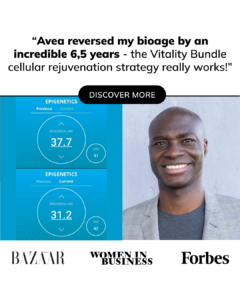
- Explore the secrets behind Ibrahim’s transformation.
- Discover simple, proven strategies to improve vitality.
- Understand the role of supplements in reversing biological age.
Zinc picolinate supplement health benefits
- Protects kidneys from damage
- May boost reproductive health
- Has potential in preventing tumour growth
- Improves taste sensitivity
- Helps reduce oxidative stress
- Supports antioxidant enzyme activity
- Enhances zinc absorption
Where to buy zinc picolinate supplement?
If you’re aiming to boost your longevity, Avea’s Essentials might be the perfect all-in-one solution.
The power of Essentials
7.5mg of highly bioavailable zinc picolinate
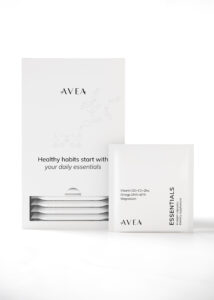
- Boost Zinc levels.
- Address common nutrient deficiencies like Magnesium, Omega-3, and Vitamin D.
- Support immune and overall health.
- Enhance your energy and vitality.
Whilst zinc picolinate offers incredible health benefits, Avea’s Essentials provide a more comprehensive approach to supporting your health.
Packed with five key micronutrients—Vitamin D3, Vitamin K2, Zinc, Magnesium, and Omega-3—Essentials offer a synergistic blend that ensures optimal performance across your body.
Each ingredient in Essentials is carefully chosen for its bioavailability and ability to work together, forming the building blocks your body needs. The best part? It’s 100% vegan!
For example, Vitamin D3 requires cofactors like Zinc, Magnesium, and Omega-3 to function properly, making Essentials a complete, science-backed formula that goes beyond just filling gaps in your diet.
- Vitamin D3 and K2 support bone health and calcium distribution.
- Zinc Picolinate strengthens your immune system and aids in healing.
- Magnesium Bisglycinate boosts energy, muscle, and nerve function.
- Algae-based Omega-3 helps maintain heart and brain health with its anti-inflammatory properties.
How much zinc should I take per day?
The amount of zinc you need depends on your age, gender, and specific health conditions.
Here’s a breakdown of the recommended daily intake (RDA) for zinc:
- Infants (adequate intake):
- 0 to 6 months: 2 mg/day
- 7 to 12 months: 3 mg/day
- Children:
- 1 to 3 years: 3 mg/day
- 4 to 8 years: 5 mg/day
- 9 to 13 years: 8 mg/day
- Adolescents and adults:
- Males (14+ years): 11 mg/day
- Females (14 to 18 years): 9 mg/day
- Females (19+ years): 8 mg/day
- Pregnant women (19+ years): 11 mg/day
- Lactating women (19+ years): 12 mg/day
Zinc is commonly found in foods like beef, pork, lamb, nuts, whole grains, and legumes. Whilst it’s best to meet your zinc needs through a balanced diet, supplements can be helpful if needed.
Most experts recommend staying within the RDA unless directed by a healthcare professional.
Supplementation doses typically range between 5 to 20 mg/day, depending on individual needs.
Taking zinc supplements within 24 hours of cold symptoms might reduce severity, but long-term supplementation beyond the recommended intake is not advised.
When is the best time to take zinc picolinate?
The best time to take zinc picolinate is usually with a meal, preferably at breakfast or lunch, as it can sometimes cause nausea if taken on an empty stomach.
It’s also important to avoid taking it alongside calcium or iron supplements, as they can interfere with zinc absorption.
Taking it earlier in the day may help prevent any potential stomach discomfort and support overall absorption.
Zinc deficiency
Symptoms of zinc deficiency include:
- Frequent infection
- Hypogonadism in males
- Loss of hair
- Poor appetite
- Problems with the sense of taste and smell
- Skin sores
- Slow growth
- Trouble seeing in the dark
- Slow wounds healing
Side effects of zinc picolinate supplement
Taking zinc picolinate in large amounts can lead to side effects like diarrhoea, abdominal cramps, and vomiting, usually within 3 to 10 hours of taking the supplement.
These symptoms typically go away after a short period.
But, excessive intake of zinc over time can cause more serious issues, such as copper deficiency, anaemia, or iron deficiency. Nasal sprays or gels that contain zinc may cause a loss of sense of smell in some users.
Is zinc picolinate safe?
Zinc picolinate is generally considered safe when taken within the recommended daily amounts.
Extremely high doses can lead to toxicity, with symptoms like nausea, vomiting, stomach pain, lethargy, and fatigue.
If zinc toxicity occurs, stopping the supplement is the only recommended treatment. For most people, sticking to the recommended dose ensures safe use without adverse effects.


